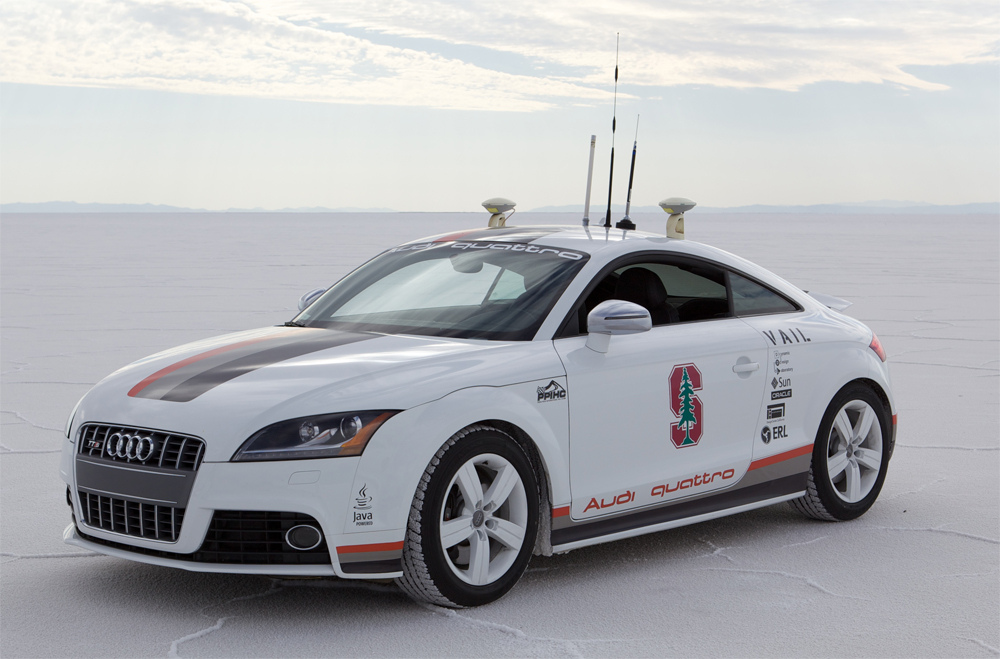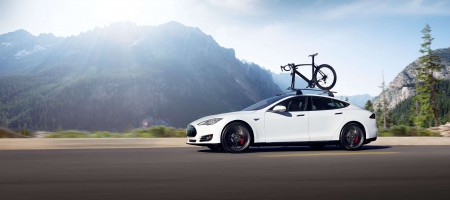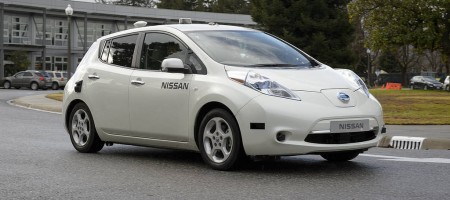BMW, Mercedes Benz, Volvo, Google, GM, Lyft and many others are working on making the next big thing in ground transportation a reality. Many of these automobile and tech companies have promised to bring driverless cars by the year 2020. This will have a significant impact on travel and automobile industry.

(Image: Shelly by cblue98/CC BY-SA 2.0)
While these two major industries seem to be affected by the upcoming cars, the impact could be much greater than we can see right now. We discussed and debated on the topic and here is how we think autonomous vehicles will affect different industries:
Car rental
Arguments vary about how things will change for the car rental industry. The conventional taxis are already at disadvantage with the entry of cab hailing companies and the episode doesn’t seem to get better for them even when driverless cars arrive. Brands like Uber and Lyft will have a different situation though. Both the companies are pushing for driverless cars working with other brands that have expertise in automobile industry and once these cars arrive, these companies will be able to eliminate the friction that arises with the communication on driver’s end.
Car manufacturers
Car companies, as they are now, stand to lose the most with the entry of driverless vehicles. Driverless cars will bring down ownership costs and reduce the number of cars in a household. Very often people own multiple vehicles with a large fraction of the vehicle life spent in parking. Driverless cars would allow a single car to be used by multiple users reducing the need of multiple vehicles. Car companies will become service companies and it has started with many major manufacturers like BMW and Volvo already operating rental companies. As expected, many of them, including GM and Ford are already working on their versions of autonomous vehicles.
Media & advertising
Media consumption is already on the rise and we will have more time to spare when our cars will start driving us to work. Most of us will choose to consume media during this time. Leaping ahead, the Swedish manufacturer Volvo even showcased a prototype infotainment system for autonomous cars when they arrive. Along with this, we might see brands use this as an advertising opportunity while we consume media. Location based marketing might just go up few levels.
Logistics
As the autonomous vehicles will make the entire ground transportation system more efficient, logistics is certainly going to see the advantages. Manufacturers are working on driverless trucks for long distance logistics while intra city transportation of goods will be taken care of by smaller vehicles.
Airlines
Short haul flights offer a very inefficient medium of transportation. The airports are generally located away from the city centre and travellers often spend hours travelling to the airport and waiting there for a flight that has a span of just 40-50 minutes. As autonomous vehicles will allow people to travel long distances without the driving fatigue, more people would prefer that over short flights.
Hotels
At times we book hotels because it is too late to drive back from a meeting or we are too tired after a long day during a business trip. This will again be eliminated with the entry of autonomous vehicles as instead of opting for a stay at a hotel, people would choose to travel while relaxing in the comfort of their car. This of course would follow at a much later stage after the commercial availability of driverless cars as initially it would require the driver to be engaged in some way or other before full autonomous vehicles come into play.
Insurance
Insurance is a huge business and a significant fraction of the industry is driven by the automobiles. A large number of vehicles get involved in crashes all over the world and almost 1.3 million causalities and 20-50 million injuries are caused by road accidents. Driverless cars will eliminate these road accidents removing the need of multiple kinds of insurances. With the insurances that will be applicable, liability will be a major challenge that will have to be tackled.
Real estate
Calling an Uber is easy and it gives you the option to skip driving in rush hour on a weekday. However one still prefers living closer to city centre to ensure basic amenities and workplaces are nearby. The costs of real estate are determined on the basis of location which means such locations are costlier. As the transport becomes more efficient and congestion is minimised, the location based pricing will have lesser role to play and more development will be seen in suburban areas.
Communication
Disappointing network coverage and spotty data connections will no longer cut it when we enter the era of connected cars. The cars will not only have to deal with a lot of data to drive themselves but will also exchange data with centralised systems and other cars on the roads and that means we will need robust networks with high speed connectivity. Along with this, data security will also become a major concern brining more opportunities in this field.
What other industries do you think will be affected by the arrival of driverless cars? Do share



















